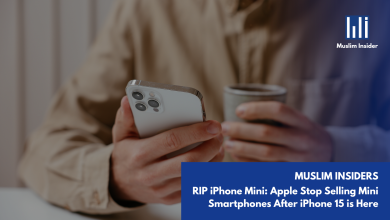
Thailand is opening a new learning center located at the Prince of Songkhla University (PSU), Pattani Campus, which offers training to therapists and entrepreneurs of halal spa treatments and develops guidelines for businesses, including the use of halal-compliant products and equipment and the provision of gender-segregated facilities.
The university, which has been collaborating with the Southern Border Provinces Administrative Centre (SBPAC), has also been researching ways to make halal spas in order to serve Muslim tourists. The collaboration, which focuses on educating people on halal knowledge, is also in line with the SBPAC move to encourage Thai locals to practice halal tourism and wellness.
Dr. Sufiana Sarisae, a lecturer at PSU Pattani’s Halal Institute, highlighted the growing halal spa market in Thailand, driven by Muslim tourists and wellness awareness. The center is a pilot project in southern Thailand and will focus on research and innovation in halal spa products. It is expected to be fully operational in December, with a cost of approximately 9 million baht.
The new learning center will also play a crucial role in diversifying halal spa tourism in Thailand, as it will help position Thailand as a top destination for halal spa services. Lecturer at PSU Pattani’s Halal Institute, Dr. Sufiana Sarisae, said the halal spa market is thriving in Thailand, with the increasing number of Muslim tourists visiting the country, the growing awareness of halal products and services, and the rising demand for wellness and spa treatments among Muslim consumers.
Key features of halal spas include segregated zones for male and female customers, exclusive use of halal-certified products, and nature sounds instead of music, without any decorative items that contradict Islam principles. “No music will be played, but nature sounds such as mockingbird singing and water streams will be,” she said.
All spa products will be sourced from Thailand and will be halal-certified, with an emphasis on Thai herbs. “Most of the ingredients are Thai herbs. For example, the Halal Institute produces a halal spa product called Langkasuka Massage Oil, and it also offers a five-day training course on how to make it. All spa products must be halal-certified or halal in nature,” she said.
“The center is expected to be fully operational in December,” she told Bernama.
The Global Wellness Institute (GWI) predicts that the spa industry will generate $151 billion (RM 721 billion) in revenues by 2025, with Thailand leading in halal spa tourism. In 2020, Thailand’s spa industry generated $1.1 billion (RM 5.3 billion) with 2,659 establishments. There are also plans for collaboration between the Halal Institute and the Faculty of Hospitality, Tourism, and Wellness at the University Malaysia Kelantan (UMK) in the realm of halal spa services and tourism.
Source: BERNAMA and NNT




